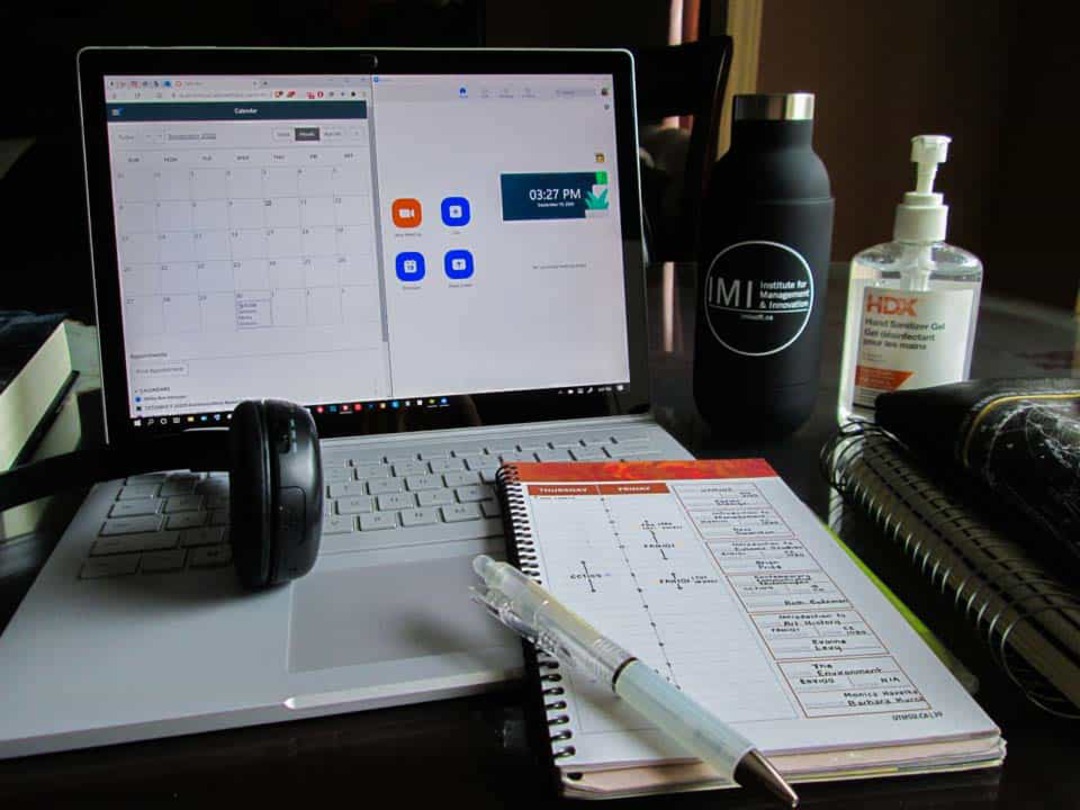Released this month, the 2020–2021 Provost’s Annual Report on Cases of Academic Discipline reports a drastic increase in academic misconduct cases at U of T. This year, the number of cases increased by 71 per cent, from 2,140 to 3,668. This is the highest number of academic offences in the past five years. In comparison, last year’s report indicated an increase of only 35 per cent.
The report states that the increase is part of “the real impact of the pandemic” on education and is not limited to U of T. COVID-19 has had a tremendous effect on students and staff in Ontario, and many students indicated in a survey conducted in 2020 that the pandemic had a negative impact on their education.
The report also recognized “the technical, equity, diversity, and inclusion concerns” of online proctoring, which has been criticized for malfunctions and racism. It advised instructors to not rely on such methods exclusively.
The results
The report blames the “increased opportunity [for students] to cheat” during the pandemic for the rise in academic misconduct cases. It argues that students writing an assessment at home are not always proctored and, therefore, believe they may not be caught for cheating.
This is reflected chiefly in the jump in the use of unauthorized aids, which more than doubled from 953 cases in 2019–2020 to 2,400 in the 2020–2021 academic year. As a result, plagiarism was not the primary source of academic misconduct for the first time in recent years.
Despite the total increase in cases, the vast majority occurred within a few select undergraduate divisions — namely, Faculty of Applied Science & Engineering (FASE), Faculty of Arts & Science (FAS), and UTM.
There were 139 cases in the FASE and 645 in the FAS this year, which translate to an increase of 2.4 per cent and 2.2 per cent from last year, respectively. Notably, UTM saw an increase of 5.7 per cent, with 879 cases. However, many of these are carry-over cases, which occurred in the 2019–2020 academic year but were not previously finalized.
Most other divisions saw marginal increases, while some, such as UTSC and the Faculty of Music, observed a marked decrease in cases. Overall, the percentage of students implicated in misconduct cases rose by 1.6 per cent.
The vast majority of misconduct cases are handled by the relevant divisions, but more serious cases get forwarded to the University Tribunal for a trial. The tribunal saw 128 new cases this year, as opposed to 50 cases last year. There are currently 194 open cases. The report attributes this rise to the overall rise in normal misconduct cases.
As of July 1, 2021, 95 of these cases will spill over to the next academic year. A significant portion of tribunal cases take longer than six months to resolve.
University response
The report highlights efforts by the university to combat academic misconduct during the pandemic. These include further clarity on assessments and permitted aids, as well as ways to catch students using third-party services such as online math problem solving websites.
The report also touts academic integrity declarations “written by our Psychology faculty members to inspire maximum impact on students,” which students must sign when they begin assessments. The Provost’s Office and the Centre for Teaching Support have circulated documents on improved assessment design for academic integrity.
Moreover, some instructors have made multiple versions of the same assessment to reduce misconduct cases. The report acknowledges that this method includes significant additional work for instructors. Previous reporting in The Varsity has noted the drastic increase in workload for remote instructors, and how it exacerbates existing gender, racial, and class inequalities.
The report notes that the vast majority of non-tribunal misconduct cases are resolved in under six months. However, they can still be highly stressful ordeals that last for months. The university was unable to provide a breakdown for cases resolved in one or three months.
In response to the increase in cases, the tribunal has moved to virtual hearings, increased its slate of membership, and upped the number of hearings from seven to 10 per month. In an email to The Varsity, a university spokesperson said it had also “encouraged some divisions to dedicate additional staff resources” as relevant.
In an email to The Varsity, Josefina Novoa Reátegui, a second-year psychology student who has argued that a focus on stress reduction will lower misconduct cases, acknowledged the importance of individual actions. In addition, they wrote that “one cannot ignore the systematic issues caused by stress,” and suggested open-book exams as one possible solution.


